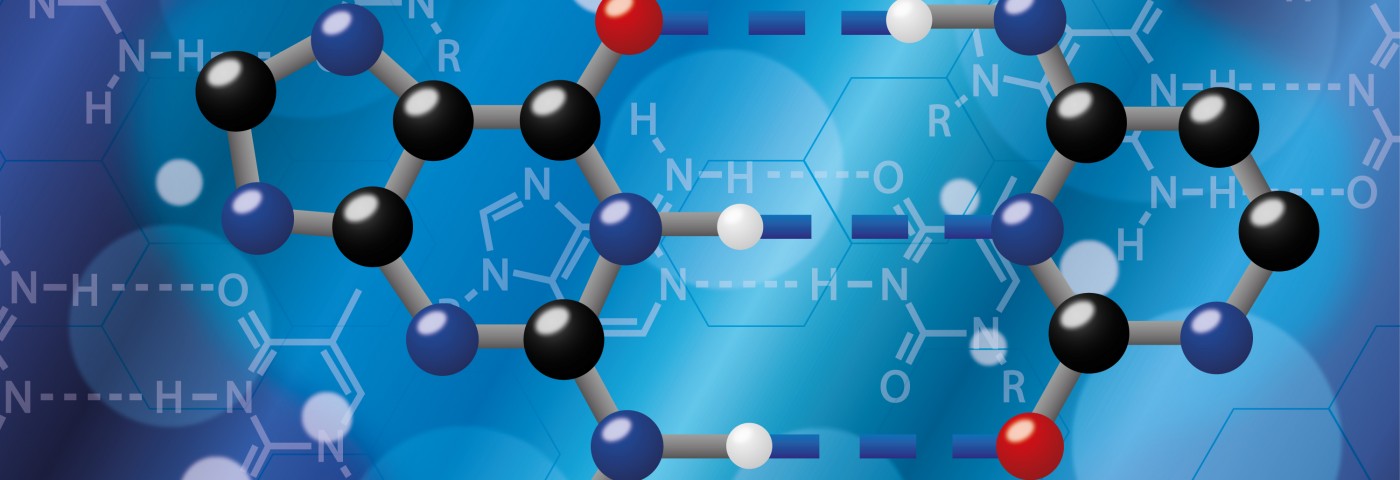A study published in the Journal of Translational Medicine showed that synthetic DNA sequences – called CpG-oligodeoxynucleotides (CpG-ODN) – can effectively halt the growth of human diffuse malignant peritoneal mesothelioma (DMPM) in mice.
The study, “CpG‑oligodeoxynucleotides exert remarkable antitumor activity against diffuse malignant peritoneal mesothelioma orthotopic xenografts,” used two kinds of DMPM cells (meso II and STO) originally derived from human cancers. The researchers implanted the cells into the peritoneum – the membrane lining the abdominal cavity – of immunodeficient mice. These so-called SCID mice have a mutation that causes an almost complete lack of production of functional B- and T-immune cells. One exception is a subpopulation of B-cells called B1, residing in the abdominal and lung cavities.
After injection of the cancer cells, the team at the Fondazione IRCCS Istituto Nazionale dei Tumori, Italy, divided the mice into one group receiving the CpG-ODN treatment and a control group. The CpG-ODN treated mice were further divided into one group receiving early treatment and one group receiving treatment at a later stage to explore the effects of treatment on late-stage cancer.
Scientists noted that the control group developed tumors spreading in a similar way to what is observed in humans. In contrast, mice treated early on with CpG-ODN showed remarkably little tumor growth. In mice that received the meso II tumor cells, the treatment entirely prevented tumor growth in all six animals. In the group that received the other kind of cells, called STO, four out of six animals were tumor-free, and the remaining two had a 94 percent decrease in tumor mass compared to control mice. The late-stage treatment reduced tumor growth by 66 percent.
Since CpG-ODN is able to induce immune reactions, the research team also analyzed the composition of immune cells present in the abdomen of the animals, and found increased levels of macrophages and reduced numbers of granulocyte cells. These changes were only present locally in the abdomen and not in the spleen of the mice. Moreover, the scientists noted a substantial reduction in both B1 cells and the IgM antibodies these cells normally produce.
CpG-ODN affects the immune system on many levels by activating the receptor TLR9. Earlier studies have reported that macrophages can have both tumor-promoting and tumor-suppressing properties depending on the source of activation. The authors believe that macrophages activated by the TLR9 signaling pathway may be responsible, at least in part, for the anti-tumor activity of the treatment. Macrophages are cells that can secrete an array of molecules with anti-tumor properties, and also recruit other cells that have the ability to kill tumor cells.
The study clearly showed that a CpG-ODN immunotherapy-based treatment approach holds promise for the potential development of new mesothelioma drugs.


